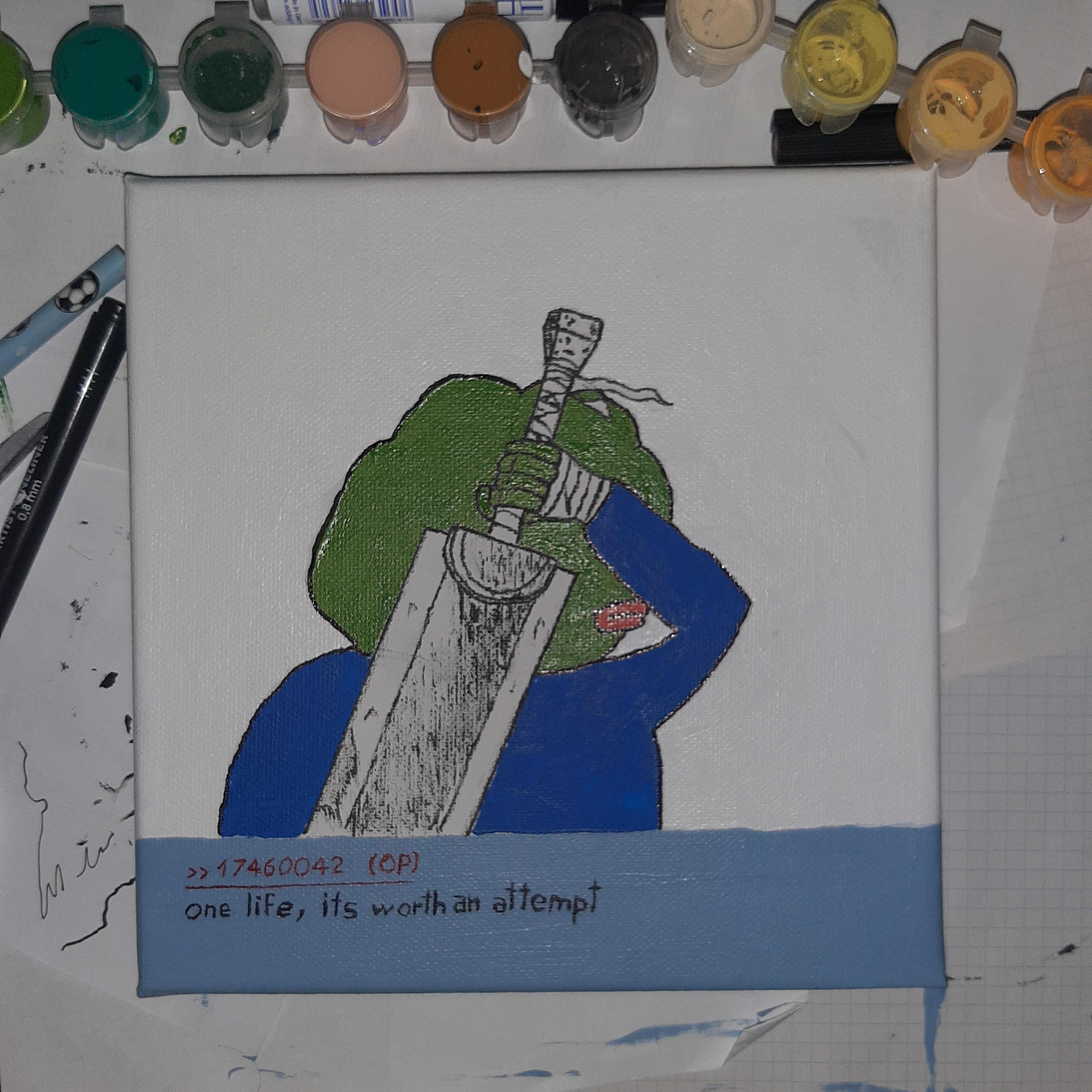We survived the Cold War. We survived that mild awkward moment where there were just 10,000 humans or something. We survived the Paleolithic by throwing and walking kinda good despite having super-mediocre body builds compared to the lithe apex competition.
Sure, a United Statesian might not know what price elasticity means when they go pro-tariffs, and shoot their foot on a national scale. Sure, “Eastern” youths might stretch themselves systemically thin to leap through an education colander into a limited, demanding job seat. Sure, there’s a whole terror cloister awkwardly just below South Korea, a crap ton of eyes on the Ukraine, and the new context of exponentially advancing tech compared to the last kabillion years.
But I believe in the human spirit. Call me a fool. We don’t even need to be enlightened to not destroy ourselves. We just need to be what we always fuckin been, what we always fuckin will be.
Stupid endurant.
in all three senses of the shit.









Yeah, you’re completely right. Microsoft Teams refers to multiple communications platforms, not just one. Wikipedia and Microsoft themselves made the same mistake as OP here. Hope you can help!
( ¬_¬)